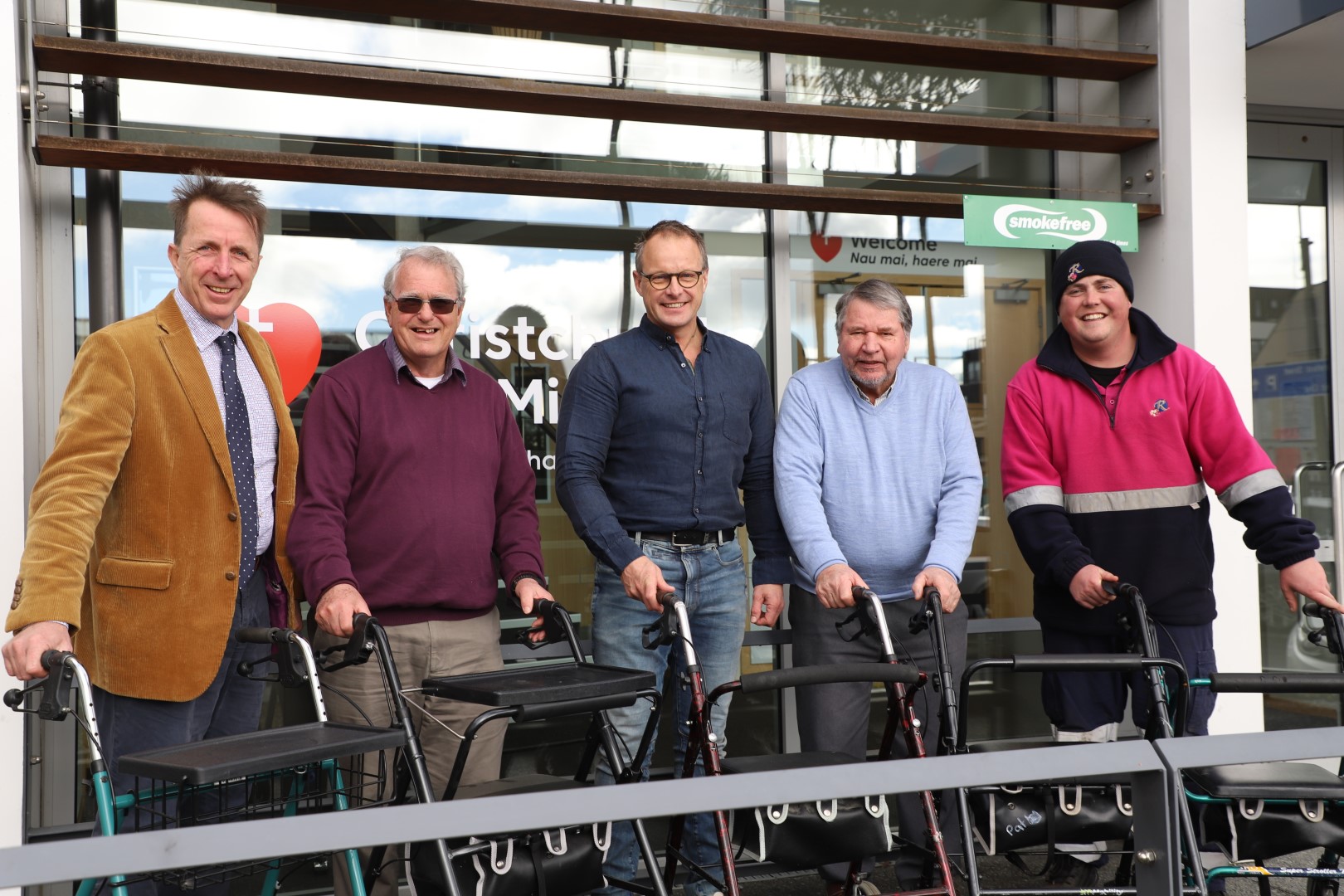Changing the conversation around dementia
Changing the conversation around dementia

Reducing stigma starts with the words we use, and shifting the way we talk about dementia is a powerful step forward. This World Alzheimer’s Month, Ryman is highlighting the importance of reducing the discrimination caused by stigma surrounding people living with dementia.
Caroline Bartle, Ryman’s Dementia Care and Innovations Lead, says that using appropriate language when referring to people with Alzheimer’s and other types of dementia can foster a more inclusive society. This not only benefits those experiencing cognitive decline but also their families and the wider community.
Alongside her work with Ryman, Caroline splits her time with Alzheimer’s New Zealand. With World Alzheimer’s Month in full swing, September has been an important time for both organisations. “Stigma is the biggest problem in the application of compassionate care in my view,” Caroline says.
There are many ways that we can combat stigma, she says. “We don't do enough calling out because we're afraid, but it’s important to challenge inappropriate language between peers and with families sensitively.”
“We can also challenge media stories by calling out inappropriate images and suggesting how we can use more positive representations."
Across all areas of Ryman, from the villages to the offices, the team has the chance to make a positive impact by promoting understanding and awareness to combat stigma. We can all look at changing some of our day-to-day behaviours by exploring any unconscious biases that influence how we engage with those living with dementia, Caroline says. “That's about having an open culture of care, where we can reflect on our ideas and practises.”
Caroline also emphasises the importance of talking directly with residents and family members to better understand their perspectives and promote the use of dementia-friendly language. For example instead of saying that someone is a wanderer we are encouraging families to rephrase it to someone who walks around a lot, Caroline says. “I recently went to William Sanders Village where we talked about using positive language. We're doing this to educate and encourage families to be more aware of the words that they are using.”
At Ryman, there’s a strong focus on encouraging residents across the village to help and interact with one another. The craft group at Keith Park Village, for instance, recently made twiddle-muffs. These provide a wonderful source of visual, tactile, and sensory stimulation for residents living with dementia. “By using the skills in our villages to support each other, we’re building a fun and inclusive community.”
Ryman’s commitment to supporting residents living with dementia has earned us the Alzheimer’s New Zealand Dementia Friendly accreditation. It’s thanks to our team members with lived experience of dementia that we’ve achieved this. “People who care for loved ones with dementia or themselves live with dementia, they’re the ones who should be involved in key decision making. That's how you change stigma - by giving people a seat at the table.”
By using inclusive language and encouraging positive actions, we can all play a part in creating a more compassionate and supportive environment for those living with dementia.
by Suzanna Reid | Sep 30, 2024
Subscribe to our blog newsletter
You May Also Like
These Related Stories

The Whitlocks complete Walking for Wellness in Iceland!

Ryman uses AI tech to create a time machine

